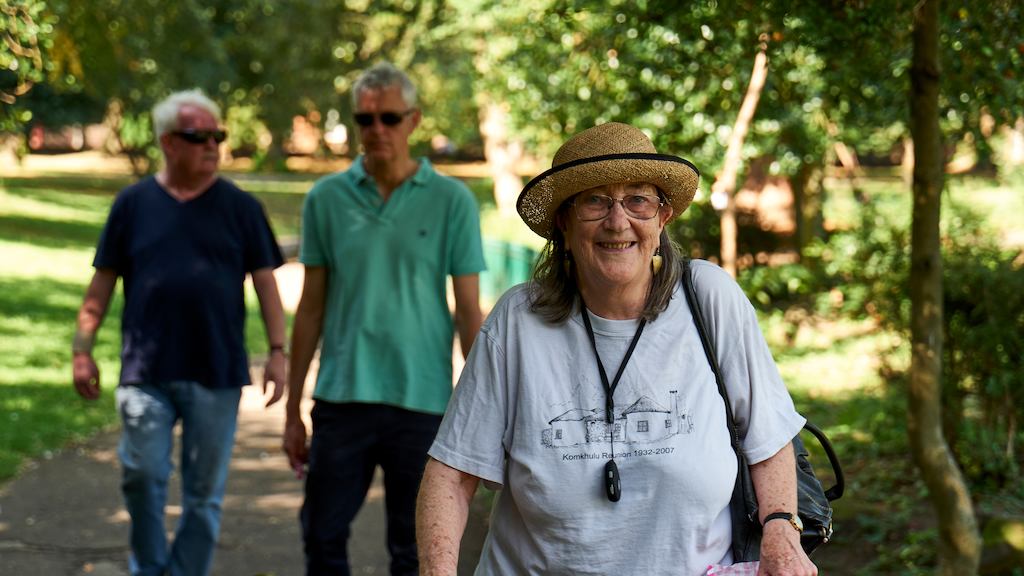“While it is positive news that the number of Disabled people in employment is growing, it is a significant concern that there is a greater increase in the number of Disabled people who are becoming economically inactive.
“As this DWP report, and our own research, makes clear this impacts older workers in particular, with the 50 to 64-year-old age group making up over 40% of the working-age Disabled population. Our own research shows older people with a long-term health condition are more likely to be out-of-work than their younger peers.
“The DWP research shows there is a real appetite for this group to be in work and they are more likely to want to be in work than non-disabled economically inactive people, with over one in five (20.6%) of Disabled economically inactive people wanting a job as compared to just under one in six (14.4%) of non-disabled economically inactive people.
“Older workers with long-term health conditions and disabilities already make a sizeable and vital contribution to the UK economy. But this contribution could be so much more if we swept away the prejudices, stigma and ageism that limits the opportunities for many older workers.
“If this government wants to meet its growth mission and ambitions of an 80% employment rate, it is vital they tackle economic inactivity by providing more carrots and fewer sticks to ensure that their health and work initiatives will need to work for people in their fifties and sixties and enable people back into work. This will complement the drive to increase youth participation in the labour market, and together create a strong multigenerational workforce.
“To achieve this, we need an age-positive tone from this government in its communications and actions. Setting high standards for its interventions to deliver for the over 50s age group will send a clear signal that older workers with long-term health conditions can and should be supported to access employment.”

